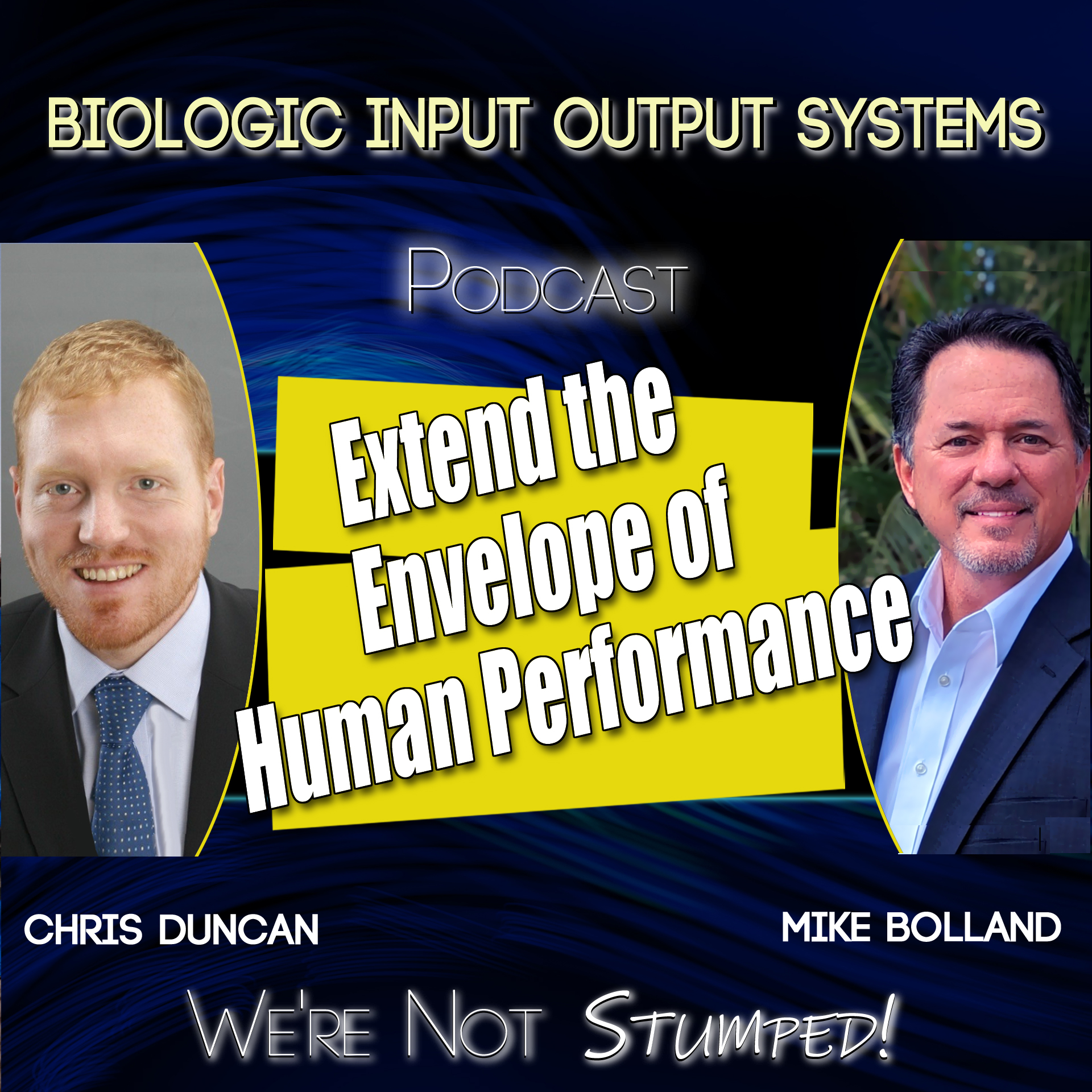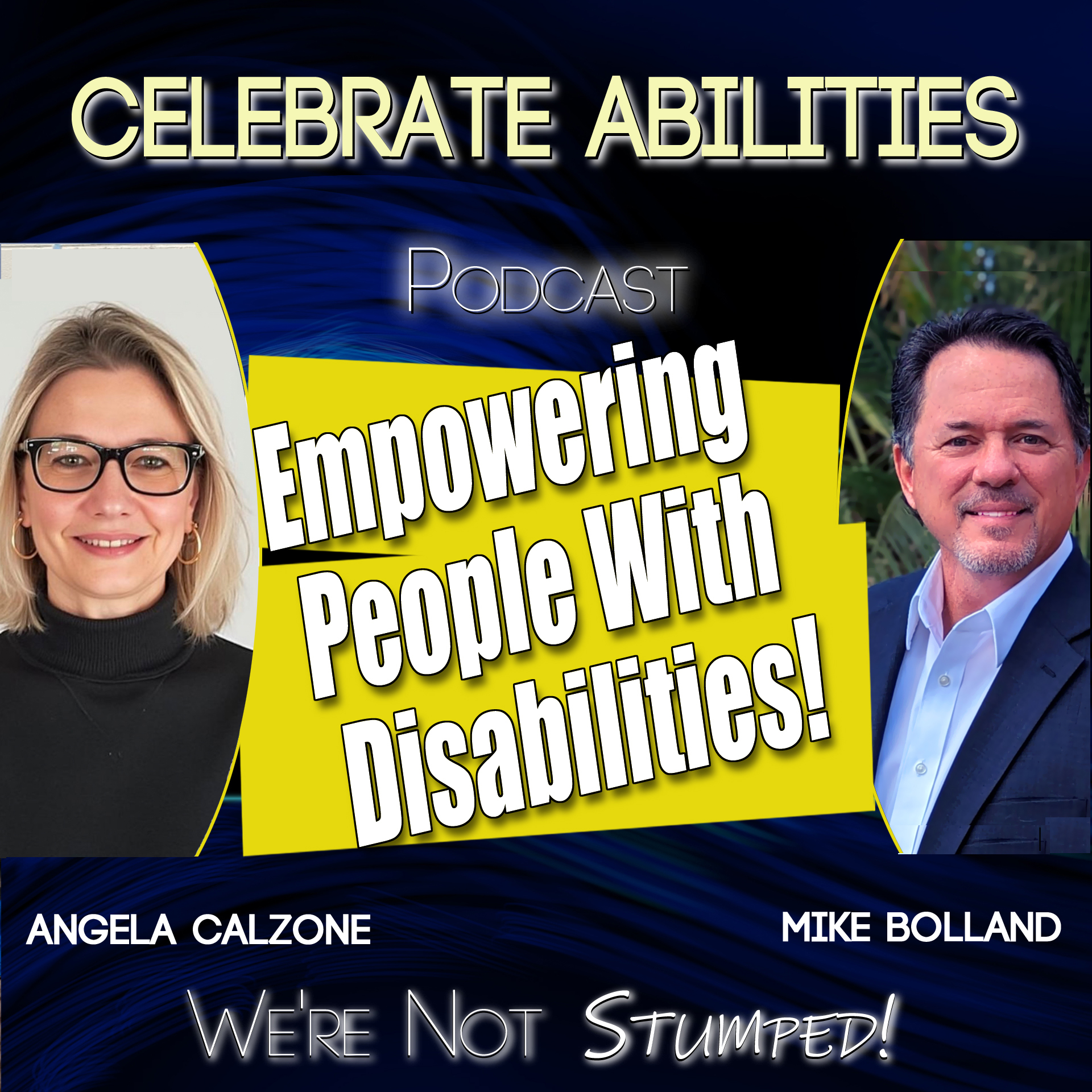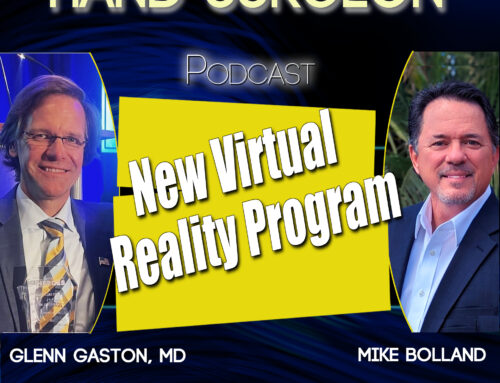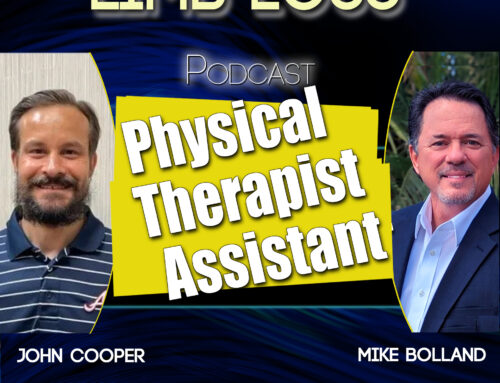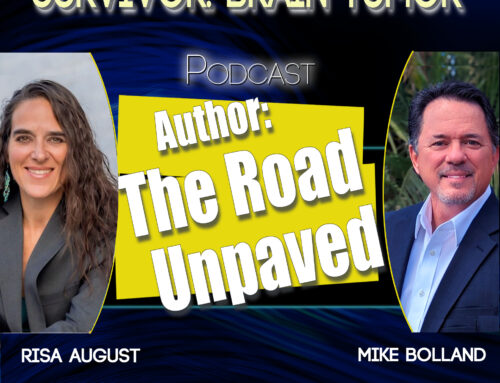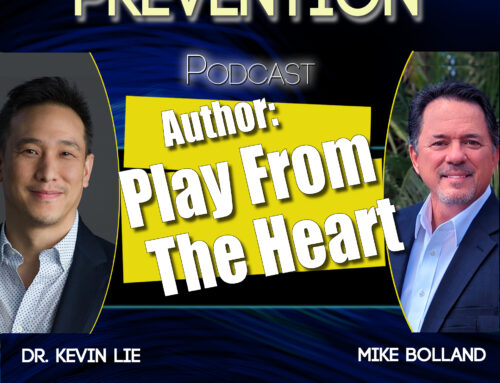In this episode of We’re Not Stumped, host Mike Bolland sits down with Tim Balz, founder and CEO of Kalogon, (https://www.kalogon.com) to discuss how cutting-edge technology is improving mobility and independence for wheelchair users.
Tim’s journey started in high school when he began refurbishing wheelchairs to help people in need. That passion evolved into a career in assistive technology, leading to the creation of Kalogon—a company developing AI-powered smart cushions designed to prevent pressure injuries and enhance comfort for wheelchair users. These cushions actively redistribute pressure, helping to reduce the risk of pressure sores, discomfort, and long-term health complications that many wheelchair users face.
Throughout the conversation, Tim shares the inspiration behind Kalogon, the science behind its smart cushions, and how his team is using technology, data, and user feedback to create innovative solutions. He also discusses the future of mobility technology, including how AI and personalized care can further improve the quality of life for people with disabilities.
Mike and Tim also explore the challenges of starting a company in the accessibility space, the importance of inclusive design, and how Kalogon is working alongside healthcare professionals and wheelchair users to bring life-changing innovations to the mobility community.
Tune in for an insightful conversation about innovation, advocacy, and the future of assistive technology. Whether you’re a wheelchair user, a caregiver, or simply interested in groundbreaking advancements in mobility, this episode is packed with valuable insights!
0:00 – Intro
0:45 – Tim Balz discusses his early life
2:30 – Tim Balz discusses his early introduction to wheelchairs
3:26 – Tim talks about his parents influence
4:20 – Wheelchair invention that impressed Stephen Hawking
7:15 – Tim Balz talks about landing at SpaceX
11:55 – Tim talks about his passion for helping others
14:00 – Welcome Discount Tire as a sponsor
15:47 – First product from Kalagon
20:18 – Pressure injury threat
23:16 – Smart Wheelchair Seat Success Story
25:05 – Wheelchair Smart Cushion Explained
29:20 – A look to the future
Listen on Apple Podcasts
Watch on YouTube
Listen on Spotify
In this episode of We’re Not Stumped, Mike Bolland examines leadership at the Amputee Coalition. Between 2019 and 2022, CEO compensation jumped 107%. Cass Isidro led the organization from February 2023 until August 22, 2025. While reliable sources say she did a good job, Mike discusses why long-term leadership is vital for the limb loss community—highlighting the value of someone deeply committed to the cause rather than viewing the role as a career step. He also shares why he personally would not seek recommendation letters for the Certified Peer Visitor program.
Dr. Christopher Duncan, Chief Medical Officer at Biologic Input Output Systems (BIOS), joins We’re Not Stumped with host Mike Bolland for a deep dive into neurotechnology and the future of prosthetics. With a background in rehabilitation medicine, Christopher explains how BIOS is combining advanced materials, neurophysiology, and machine learning to create prosthetic technology that restores natural movement and touch—far beyond what he calls today’s “Civil War technology.” The discussion also explores data registries, privacy concerns, and partnerships with leading institutions to expand access.
In this inspiring episode of We’re Not Stumped, Mike Bolland sits down with Angela Calzone, President & CEO of Inroads to Opportunities, as the organization celebrates its 66th anniversary. With a bold goal to double the number of individuals served—from 400 to 800—over the next decade, Angela shares her passion for breaking down misconceptions about hiring people with disabilities and her mission to create lasting workforce inclusion. From her 35+ year career in the for-profit sector to leading one of the most impactful nonprofits in the disability community, Angela opens up about the challenges of funding, the critical need for employer partnerships, and the real business benefits of inclusive hiring. She also shares powerful success stories, the impact of Inroads’ vocational training programs, and why their largest-ever fundraiser was a milestone moment for the agency. Whether you’re an employer, advocate, or simply someone who believes in the value of diversity in the workplace, this episode will inspire you to see what’s possible when communities come together to create opportunities.


